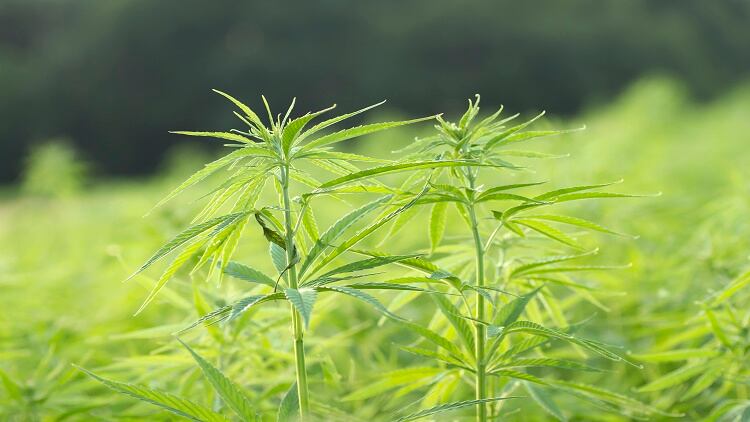The country issued a royal gazette, which allowed hemp to be used in herbal products, food, and cosmetics, with effect from Aug 27.
The Thai government also removed cannabis and hemp extracts with THC content of less than 0.2% from the list of banned narcotics substances.
“The intention is to allow extracts to be used in medicine, cosmetics, and food, and support hemp as a cash crop,” local media Bangkok Post quoted FDA secretary general, Tares Krassanairawiwong.
According to the royal gazette, only hemp extracts that contain a ratio of cannabidiol (CBD) to tetrahydrocannabinol (THC) not exceeding 0.01% to 0.2% by weight can be used in herbal products and drugs.
Dried hemp bark, stems, fibres, hemp seeds, and hemp seed oil can also be used in traditional medicine, foods, and cosmetics.
In addition, hemp is defined as the Cannabis Sativa L plant, where the THC content should not exceed 0.5% by weight of the flowers and stems, and when measured by the weight of seeds, the THC content cannot exceed 0.3%.
To protect the nascent domestic industry, only licensed local producers are allowed to take part in this industry in the next five years.
The products produced must also be classified as drugs or herbal products under related laws and must only be used for these purposes.
Moving forward, the country will issue more regulations, set up criteria and standards for use in herbal products, drugs, and cosmetics, secretary general of the Office of the Narcotics Control Board (ONCB) Niyom Termsrisuk said.
Last month, the country also distributed its first batch of medical cannabis oil to hospitals, after medical marijuana was made legal last year.
Research
Thailand is also making new progress in the research and use of hemp, with cultivation projects underway in northern Thailand.
The Public Health Ministry recently granted permission to the Highland Research and Development Institute to grow local hemp strains in Chiang Mai, Chiang Rai, Nan, Tak, and Phetchabun provinces.
Asia and hemp
Elsewhere in China, the authorities permits the sale of hemp seeds and hemp oil.
However, CBD use in food and medicines is not allowed.
At a news conference last month, deputy director of the National Narcotics Control Commission, Liu Yuejin, said the momentum toward legalisation in other countries meant the Chinese authorities would "more strictly strengthen the supervision of industrial cannabis.”
At present, hemp can be grown in Yunnan and Heilongjiang.
Whereas in India, hemp cultivation is allowed in the state of Uttarakhand since last year.
Some Indian institutions are also researching and developing cannabis based medicines.


